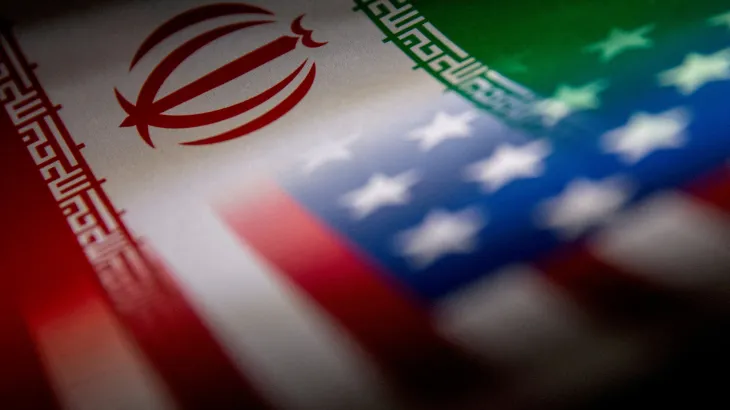The US and Iran are expected to pull off a controversial prisoner swap on Monday involving the unfreezing by the Biden administration of $6bn (£4.8bn) of Iranian oil money held in South Korea since 2018.
Tehran and Washington are due to swap five prisoners each, including the conservationist Morad Tahbaz, a British-American citizen.
In an elaborate and delicate diplomatic deal, months in the making, the five Americans are due to be flown from Tehran to Qatar before transferring to flights to Washington.
Republicans and some former Iranian political detainees have accused Joe Biden of striking a deal with the world’s No. 1 terrorist state that will only encourage Iran to keep hostage-taking as a central part of its diplomatic arsenal. The State Department says the money that is being released is Iranian-owned oil money frozen by the Trump administration in 2018 when the US left the Iran nuclear deal.
Last week three European countries including the UK accused Iran of building stocks of highly enriched uranium that could have no possible civilian purpose.
The US says the prisoner swap’s mediator, Qatar, will ensure that the unfrozen money is only spent on goods – primarily food, agricultural goods and medicine – that are not subject to sanctions. Critics say it will be impossible to police, and that the US threat to pull out if Iran breaks the agreement is bogus.
The path to the swap reached a turning point when the State Department agreed on a waiver facilitating the release of the cash from South Korean banks to accounts in Switzerland and Doha.
The five Americans have already been transferred out of Evin jail in Tehran to various hotels in the capital. They are due to be flown initially to Doha before flying to the US for a homecoming.
Tahbaz was left in Iran when the British Iranian dual nationals Nazanin Zaghari-Ratcliffe and Anoosheh Ashoori were released as part of a deal negotiated by the then UK foreign secretary, Liz Truss.
The identities of five Iranians who are being granted clemency in the US have all been made public by Tehran. It is not clear that all of them want to return to Iran. Most of them were jailed for breaches of US sanctions.
The deal is a coup for Qatar, which has acted as a mediator between two countries that deeply distrust one another. The Iranian president Ebrahim Raisi, due to speak to the UN general assembly on Tuesday in New York, is likely to laud the deal as another sign of US weakness.
Michael McCaul, the Republican chair of the House Foreign Affairs Committee, has accused Biden of being naive and returning to the mistakes of the past.
The Republican presidential candidate Ron DeSantis described Biden’s decision as outrageous, adding that it “has sent a signal to hostile regimes that if you take Americans, you could potentially profit … A rogue regime should know that if you touch the hair on the head of any American, you will have hell to pay.”
Richard Ratcliffe, the husband of Nazanin Zaghari-Ratcliffe, has criticised the timing of the release, so close to the anniversary of Mahsa Amini’s death in Iranian police custody.
It is not clear if the deal will lead to a wider diplomatic breakthrough, or a new, less ambitious route to constrain Iran’s civil nuclear programme in which Tehran agrees to lower its stocks of highly enriched uranium.
Iranian Americans, whose US citizenship is not recognized by Tehran, are often pawns between the two nations. In the last week there have been reports that three dual nationals were arrested in Iran and it was confirmed two weeks ago for the first time that Johan Floderus, an EU diplomat based in Iran, has been jailed since April 2022.
Source:theguardian.com





